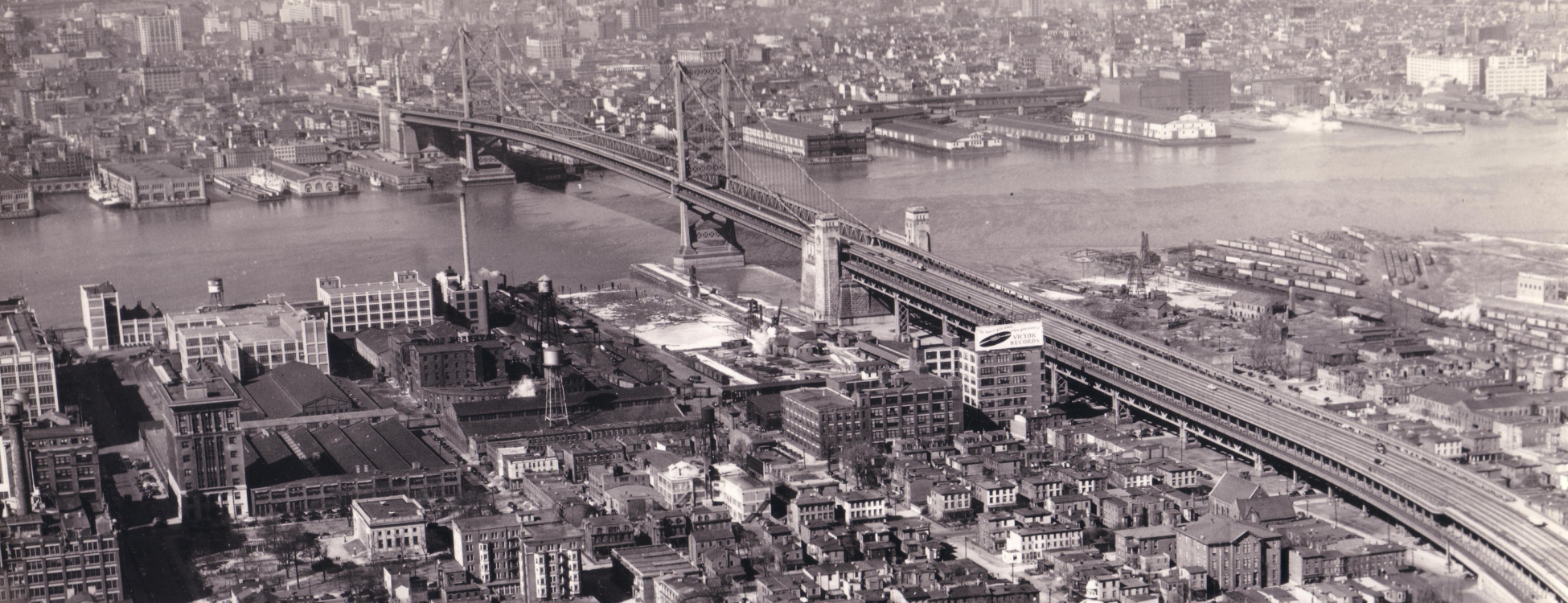
History of the
Graduate School House
In fall 2023, Dr. Charlene Mires and four History M.A. students, Sebastian LaVergne, Victoria Scannella, John Sprague, and Gina Torres, explored the history of Graduate School House at 211 N 5th St, Camden. Their research unveiled a captivating U.S. Civil War-era narrative, showcasing the building’s diverse roles over time.
MORE HISTORY
Constructed during the U.S. Civil War era, the Graduate School House at 211 North 5th in Camden carries a compelling historical heritage. It now serves as a lively haven for a diverse global student community. This community represents various interests and cultural roots, showcasing the Graduate School House’s evolution into a hub of vibrant cross-cultural interaction and learning.
A Hidden Gem in Camden’s Landscape: The Exterior Deception
Tucked away on Fifth Street, the modest façade of the Graduate School House conceals a remarkable history that has left an indelible mark on the city. Situated within the Cooper Street Historic District, this structure holds a unique significance. Its origin as a single-family residence speaks to the early stages of Camden’s growth, a period marked by transformative changes as the Cooper family heirs parted with their land to facilitate urban expansion.
From Family Home to Diverse Haven: A Chameleon of Roles
Constructed around 1857, this building stands as a testament to Camden’s mid-19th-century development—a time when the city rose to prominence as the county seat of Camden County. Its roots are intertwined with the story of Thomas Wharton Dyott Jr., a Philadelphia patent medicine wholesaler, whose familial connection to the patent medicine industry adds layers of complexity to the building’s narrative.
Enduring Transitions: The Shifting Landscape of Occupancy and Purpose
Over the years, the Graduate School House bore witness to an array of occupants and purposes, each leaving an indelible imprint. Notable among these occupants were the Gibson family, who left their mark during the Civil War era, engaging in public service and entrepreneurial pursuits. Subsequent chapters saw the building evolve into a men’s clubhouse, hosting entities like the Camden Republican Club and the Camden Wheelmen, emblematic of the social dynamics of their time.
Adaptation in a Changing World: From Residence to Rutgers University
From its origins as a family abode, the building underwent various transformations, becoming a boarding house, apartments, and even a medical office, catering to the evolving needs of the community. In 2005, it found a new purpose under the umbrella of Rutgers University, housing the Rutgers-Camden Graduate School of Arts and Sciences. This transition marked a new chapter in the building’s history, reaffirming its adaptability and resilience in the face of change.
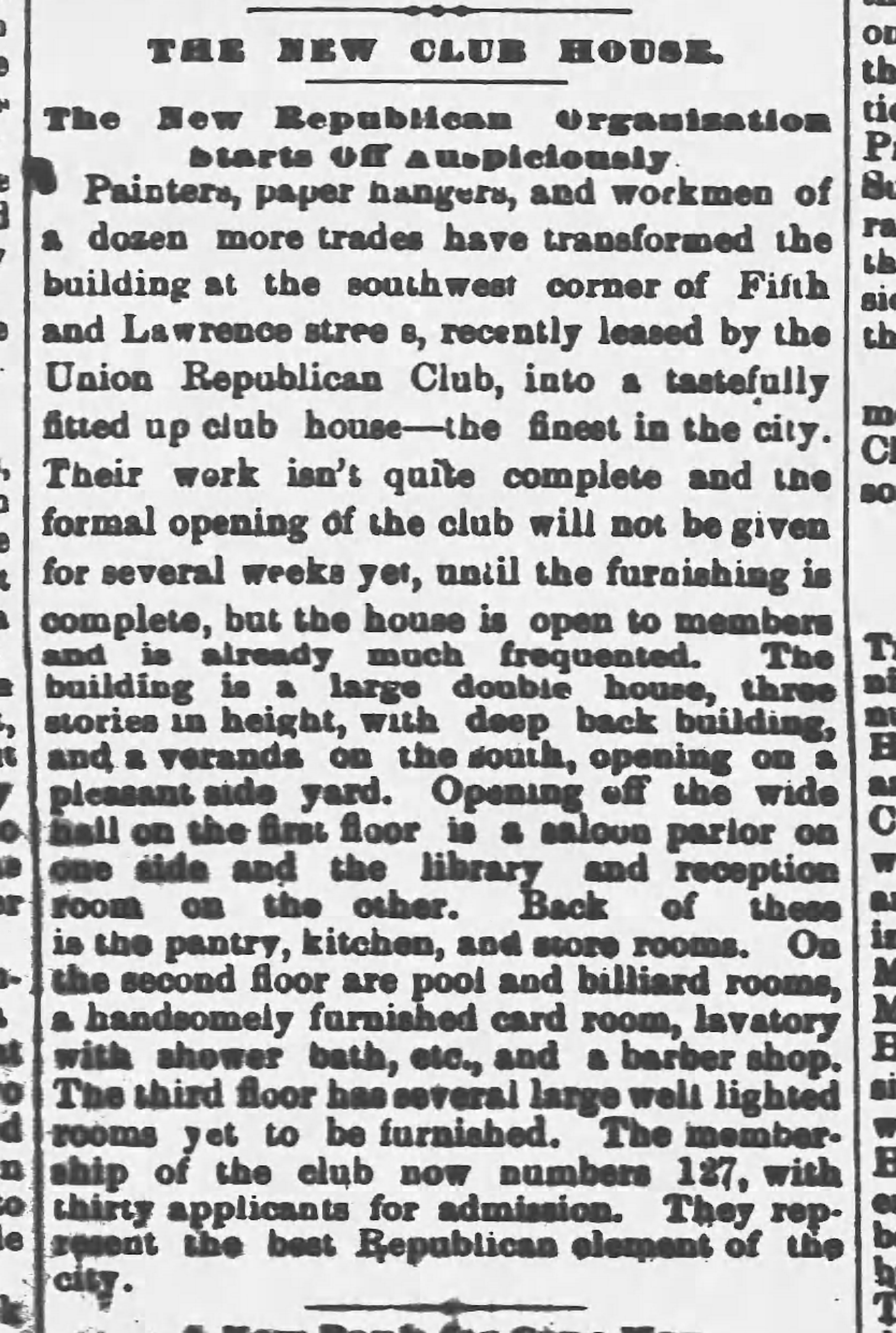
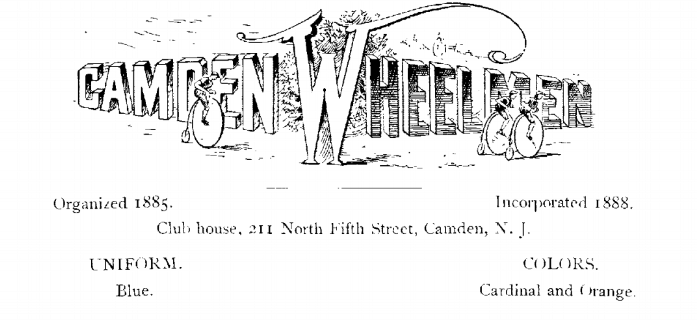
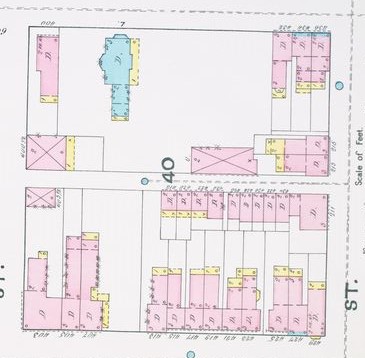
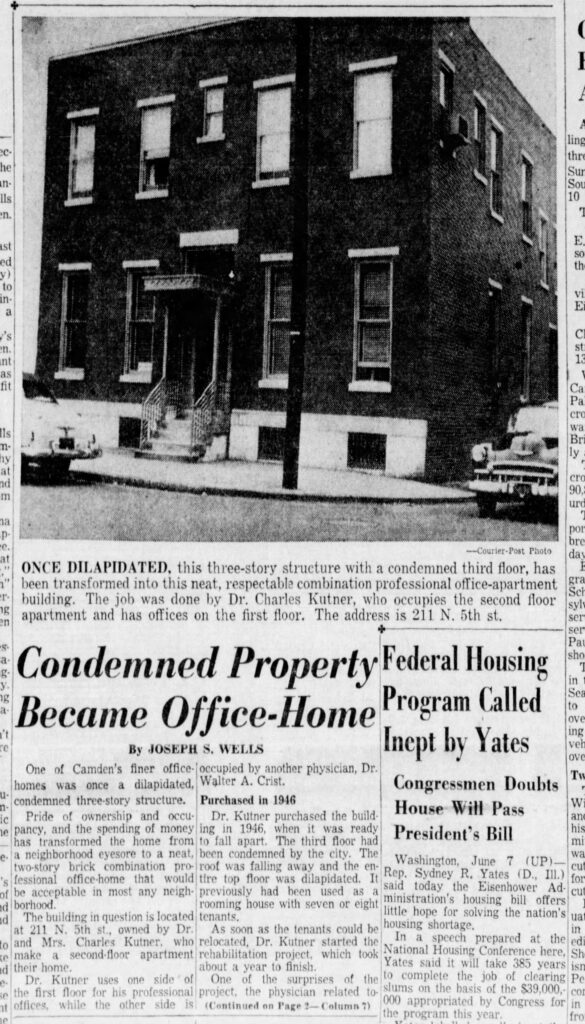
Mid-Atlantic Regional Center for the Humanities (MARCH) Honored for Preservation Education
The Greater Preservation Alliance for Greater Philadelphia has recognized and celebrated the Cooper Street Project, including the Graduate School House research project. Check out the video, which includes the Graduate School House.